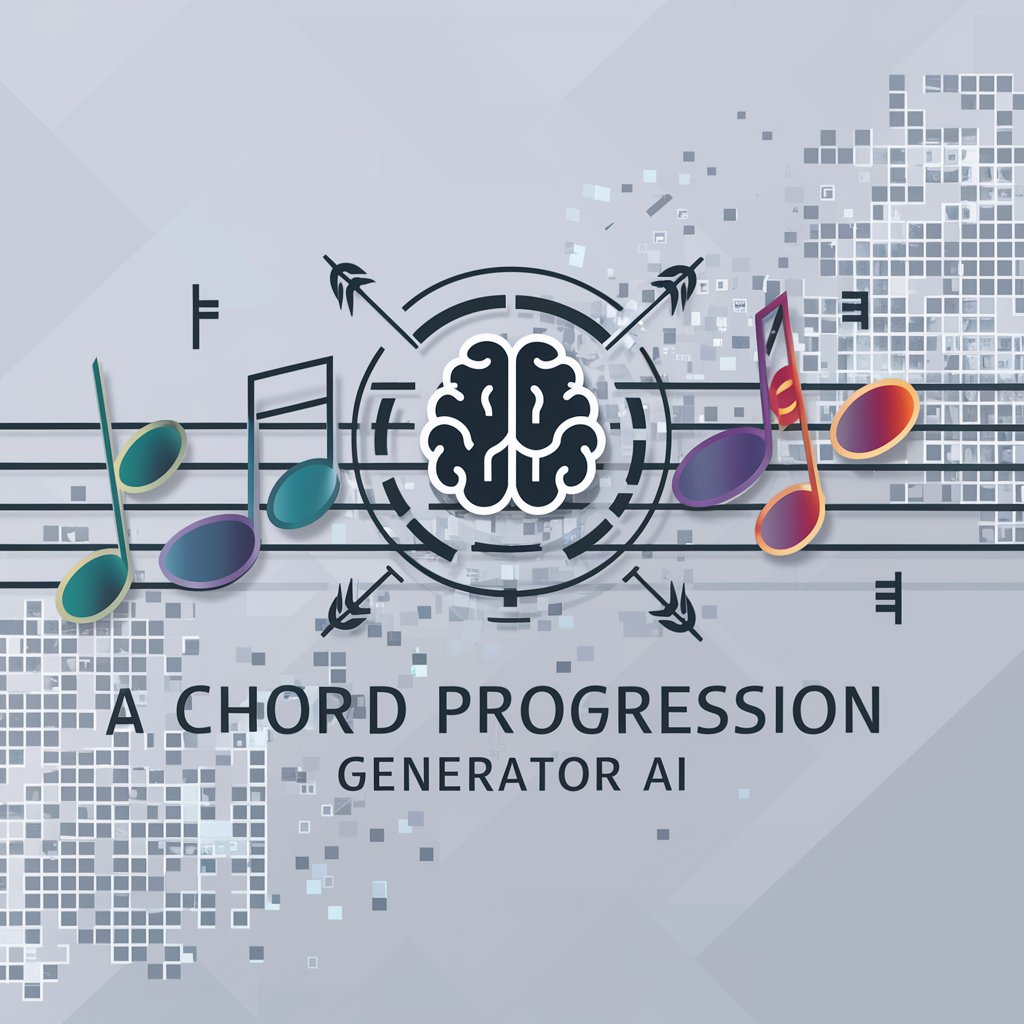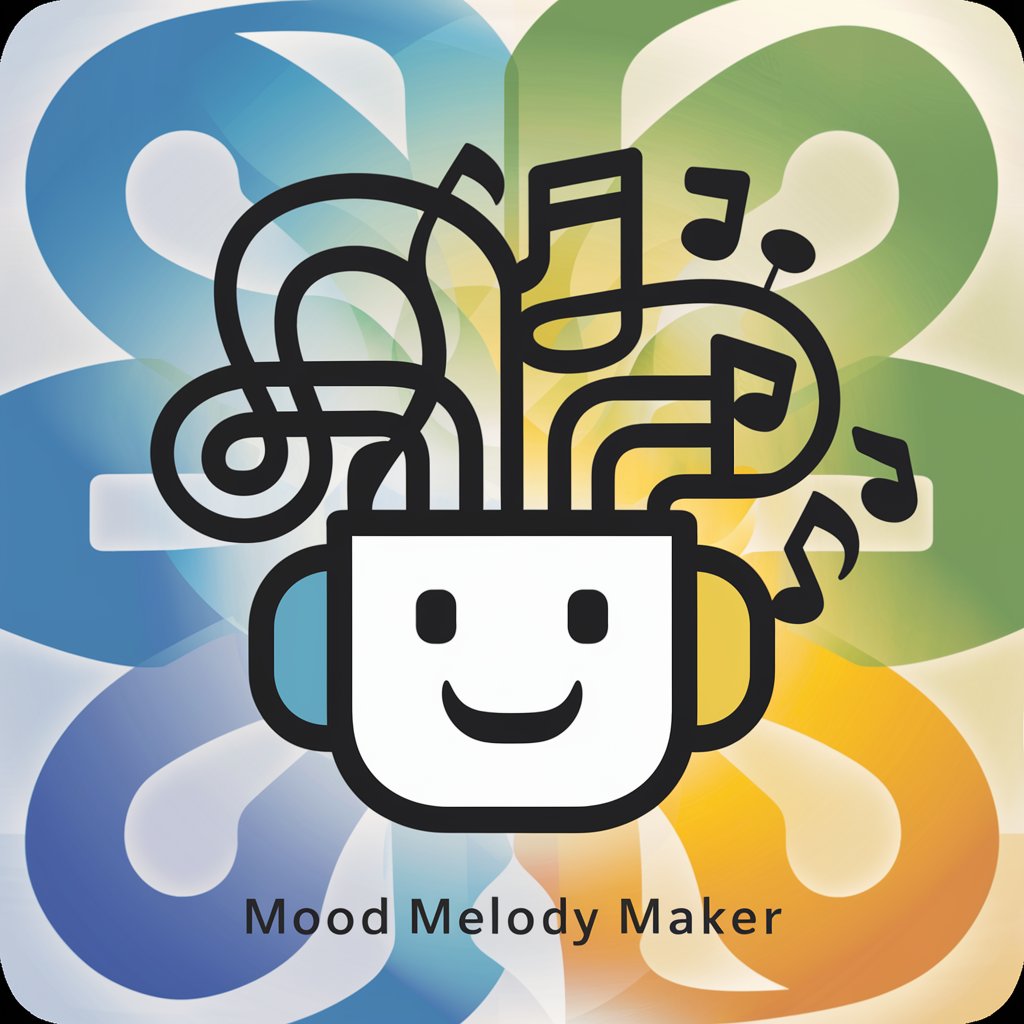8 GPTs for Mood Creation Powered by AI for Free of 2026
AI GPTs for Mood Creation are advanced generative pre-trained transformers designed to analyze, understand, and generate content that can influence or reflect specific moods or emotional states. These tools leverage the power of machine learning and natural language processing to create texts, images, music, or interactive experiences that evoke desired feelings in users. They are pivotal in fields where emotional engagement is crucial, such as in marketing, entertainment, therapy, and user experience design, providing bespoke solutions that cater to the emotional and psychological needs of the audience.
Top 8 GPTs for Mood Creation are: CassetteAI,Chord Progression Generator,Suno Instrumental,Style Advisor,Image Genaration Prompter,aI Do,I DREAM OF ...,Mood Maestro
CassetteAI
Your Text, AI's Music Masterpiece

Chord Progression Generator
Craft Your Music with AI

Suno Instrumental
Craft Your Sound with AI-Powered Prompts

Style Advisor
Your AI-Powered Fashion Stylist

Image Genaration Prompter
Transform ideas into visuals with AI.

aI Do
Crafting Your Dream Wedding with AI

I DREAM OF ...
Transforming dreams into pastel visuals

Mood Maestro
Compose Your Emotions with AI

Essential Attributes of Mood-Creation AI
AI GPTs for Mood Creation are distinguished by their ability to adapt and learn from vast datasets, enabling them to understand and replicate complex emotional tones and atmospheres. Key features include natural language understanding for generating mood-congruent text, image creation capabilities that produce visuals matching specific emotional themes, and data analysis tools for identifying and predicting mood patterns. These GPTs can tailor content ranging from calming and soothing to energizing and motivating, making them versatile tools in creating mood-specific environments or narratives.
Intended Users of Mood-Creation AI
The primary users of AI GPTs for Mood Creation include content creators, marketers, UX/UI designers, therapists, and educators. These tools are accessible to novices, offering intuitive interfaces that do not require programming knowledge, while also providing advanced customization options for developers and professionals. This dual accessibility ensures that individuals across various industries can effectively employ mood-creation AI to enhance emotional engagement and interaction in their respective fields.
Try Our other AI GPTs tools for Free
Comprehensive Information
Discover AI GPTs for Comprehensive Information: tailored, advanced AI solutions designed to meet diverse information needs with accuracy and depth.
Wellbeing Plans
Discover how AI GPTs for Wellbeing Plans can transform personal and community health with tailored, accessible, and integrative wellness solutions.
Mantra Guidance
Discover tailored spiritual insights with AI GPTs for Mantra Guidance, your personalized tool for enhancing meditation and mantra practices.
Better Sleep
Explore AI GPTs for Better Sleep: tailored AI solutions designed to improve your sleep quality through personalized insights and advice.
Improved Focus
Discover how AI GPTs for Improved Focus can transform your productivity with tailored assistance, enhancing concentration across tasks and projects.
Deep Relaxation
Discover how AI GPTs for Deep Relaxation can transform your approach to stress management and mental wellness with personalized, AI-driven relaxation techniques.
Further Exploration into Mood-Creation AI
The advent of AI GPTs for Mood Creation signifies a leap towards creating more emotionally intelligent technologies. These tools not only facilitate the creation of mood-specific content but also have the potential to revolutionize how we understand and interact with digital environments, making technology more attuned to human emotions and psychological states. Their integration into various sectors underscores the growing importance of emotional design in creating meaningful user experiences.
Frequently Asked Questions
What exactly are AI GPTs for Mood Creation?
AI GPTs for Mood Creation are specialized AI tools that generate and manipulate content to evoke specific moods or emotional states, utilizing advancements in machine learning and natural language processing.
How do these tools understand different moods?
They analyze extensive datasets to learn how various forms of content correlate with specific emotional responses, allowing them to replicate these moods through generated outputs.
Can these tools create content other than text?
Yes, they are capable of producing images, music, and interactive experiences that align with the desired emotional tone or mood.
Are Mood Creation AI tools accessible to those without technical skills?
Absolutely, these tools are designed with user-friendly interfaces that enable individuals without coding expertise to create mood-specific content.
How can developers customize these AI GPTs for specific needs?
Developers can access APIs and development kits to tailor the AI's capabilities, integrate them with other software, or develop new functionalities for specialized applications.
What industries can benefit from Mood Creation AI?
Industries such as marketing, entertainment, mental health, education, and user experience design can significantly benefit from the tailored emotional engagement these tools offer.
Is it possible to integrate these AI tools into existing systems?
Yes, they can be integrated into existing platforms or workflows through APIs, enhancing the system's ability to create emotionally resonant content.
Do these AI tools require constant internet access?
While some functionalities might require internet access for data processing and updates, others can operate offline, depending on the specific application and tool configuration.